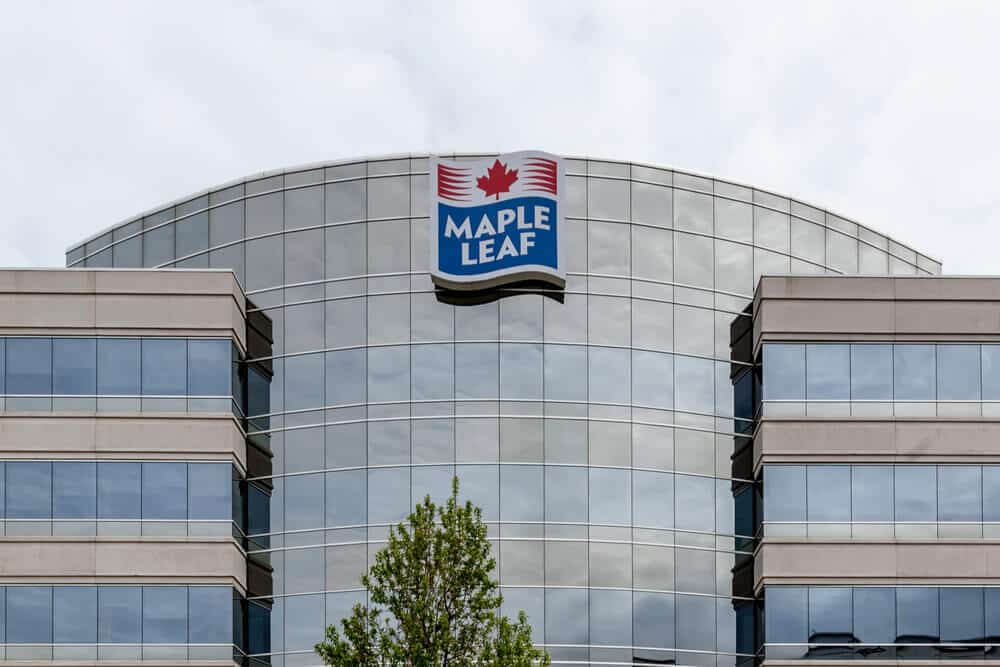
Packers Choose When to Close amid Virus
Three days after some Maple Leaf Foods packers got sick with coronavirus, the company suspended its operations for eight days. The news from the poultry plant in Brampton, Ontario pushed the company’s stocks down by 1.24% on April 8.
In Cargill Inc’s High River, Alberta plant, 391 workers were sick with coronavirus when the company suspended operations. This was according to provincial health officials.
The company supplies more than one-third of Canada’s beef. Now that meat plants are questioned, the whole industry’s stock market might be at significant risk. This is in spite of Cargill Inc’s private company status.
In Canada’s fight against the pandemic, public health officials are mostly leaving decisions on closing meat plants to the companies. This is even though the authorities have the power to do so.
Tom McMillan said, Alberta Health Services, for example, could close a plant with unsafe conditions.
The impact of such decisions extends beyond the walls of the plant. They are at the heart of Alberta’s two largest community COVID-19 outbreaks. And this could foreshadow dilemmas likely to emerge including in stock trading as other industries restart.
Canada’s stance contrasts a more active U.S. political role with infected plants. This was as close-quarters work led packers in numerous North American plants to fall ill or walk off the job.
President Donald Trump ordered meat plants on Tuesday to stay open. State and local officials earlier pushed successfully for some to close, including Smithfield Foods’ South Dakota slaughterhouse.
Not Closing Work Soon Enough Annoys Packers
Jon Nash, President of Cargill Protein North America, said Cargill reduced production at its Alberta plant on April 13. It remained open before closing a week later to avoid wasting food, and because ranchers needed a market for cattle.
Factors outside the Cargill plant, such as crowded households and carpooling, contributed to the spread in High River.
Cargill said on Wednesday that High River would resume reduced production on May 4. That will be after a two-week closure for cleaning and additional safety measures.
Cargill’s decision to operate as long as it did before the temporary closure annoyed some packers.
Jamie Welsh-Rollo, a single mom who seals meat in plastic in the High River plant said, this pisses her off. She is a United Food and Commercial Workers Union shop steward. She also added that they’re looked at as numbers.
At least eight Canadian meat plants have closed temporarily due to the COVID-19. Reports indicated as of Wednesday, 821 Cargill packers at High River, about 37% of the workforce, were infected, one death.
And Cargill is not the only one with this dilemma. A JBS SA beef plant in Brooks, Alberta slowed production but remains open after 276 infections and one death.
The decisions to prolong operations baffles authorities and rankles many workers.




